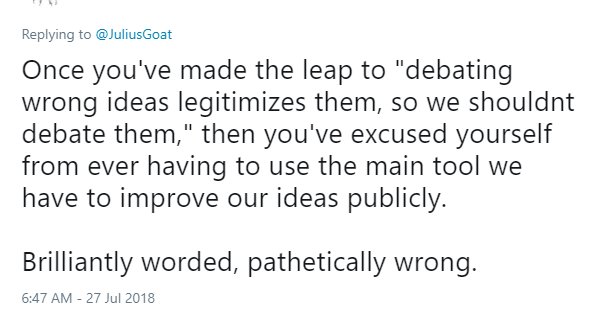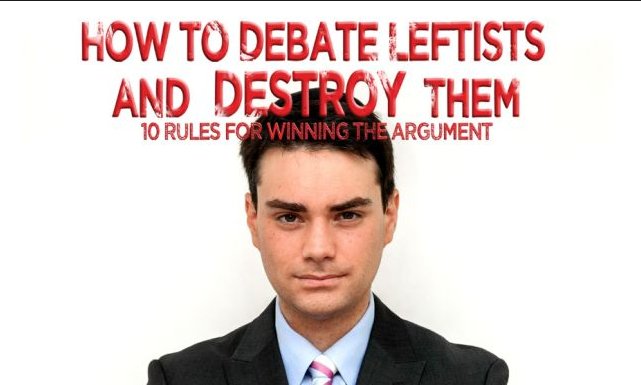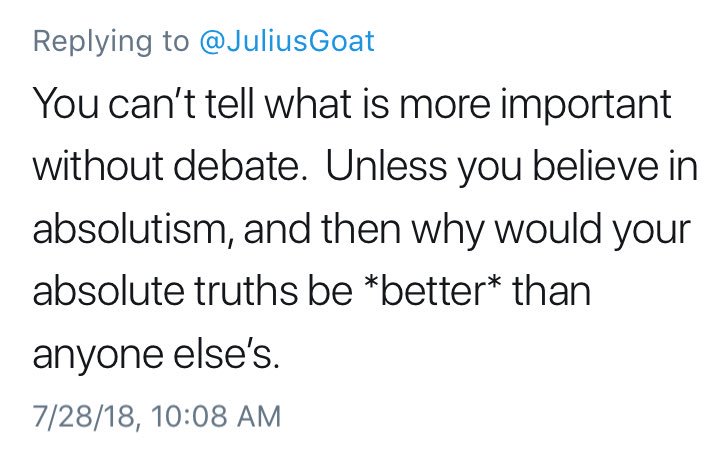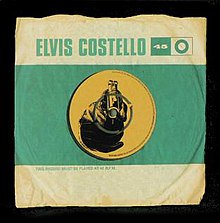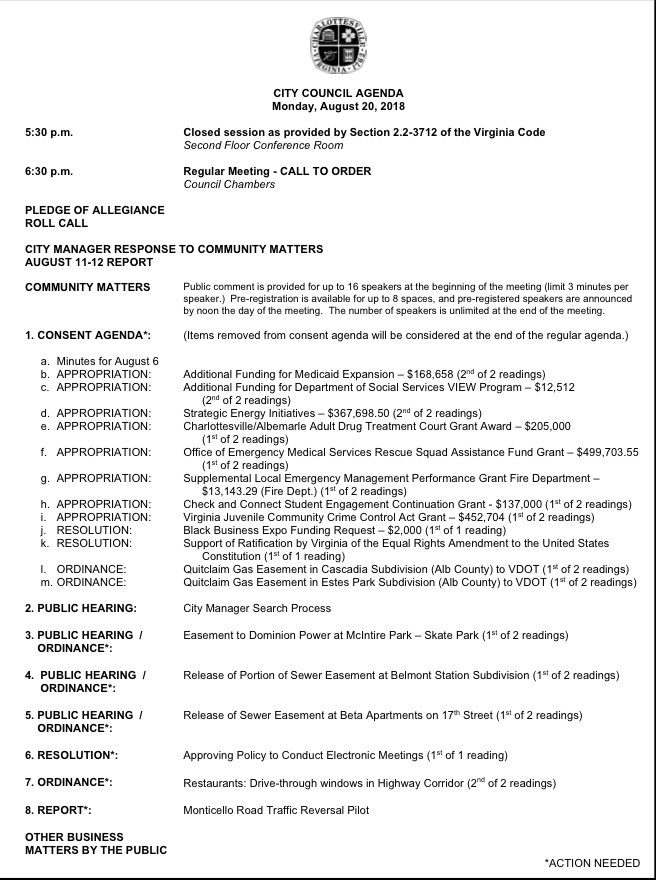It's just not more important than justice.
It's very VERY important that we exercise wisdom in an age of manufactured confusion.
I'd define 'wisdom' as 'knowing which things are more important than other things.'
Rather, they corrupt things that are already good, by promoting them above their station, or demoting them below their station.
Or that property rights are more important than human rights
Or that wealth is more important than equal standing under the law
Notice that none of these things are bad things.
An extreme example: I'm not going to debate how to best build a death camp.
Of course not. The debate is inappropriate.
To demolish.
To destroy.
To win.
It's not about the reasons for the idea. It's about victory.
I'd say it's this: Every human being is a unique and irreplacable work of art, carrying insurpassable worth.
Let's start there.
We're not going to talk about how some people don't deserve healthcare.
We're not debating whether or not Flint gets clean water.
We're not going to debate what situations call for torture.
We're not going to debate who can go into what bathroom.
But, if you focus on the unsurpassable worth of people, on the fact that we belong to one another, that life isn't earned, then some people will be judged fairly as undeserving.
If we are debating unacceptable premises, we've already lost by debating. AND we're making the subjects of the debate live in a world where their lives are subject to debate.
No.
Very simply, politely if politeness is appropriate: no.
Probably true. Solving real problems usually is all that and more.
How to achieve those things should be the topic of our debates.
We've got work to do.
And civility is a good thing.
Use wisdom. Understand which things are more important than civility.
If we don't use wisdom and discernment, bad-intentioned people will act in bad faith, and will hack our own good qualities by putting them to inappropriate use.
Demonstrated perfectly here.
We need wisdom and discernment.
